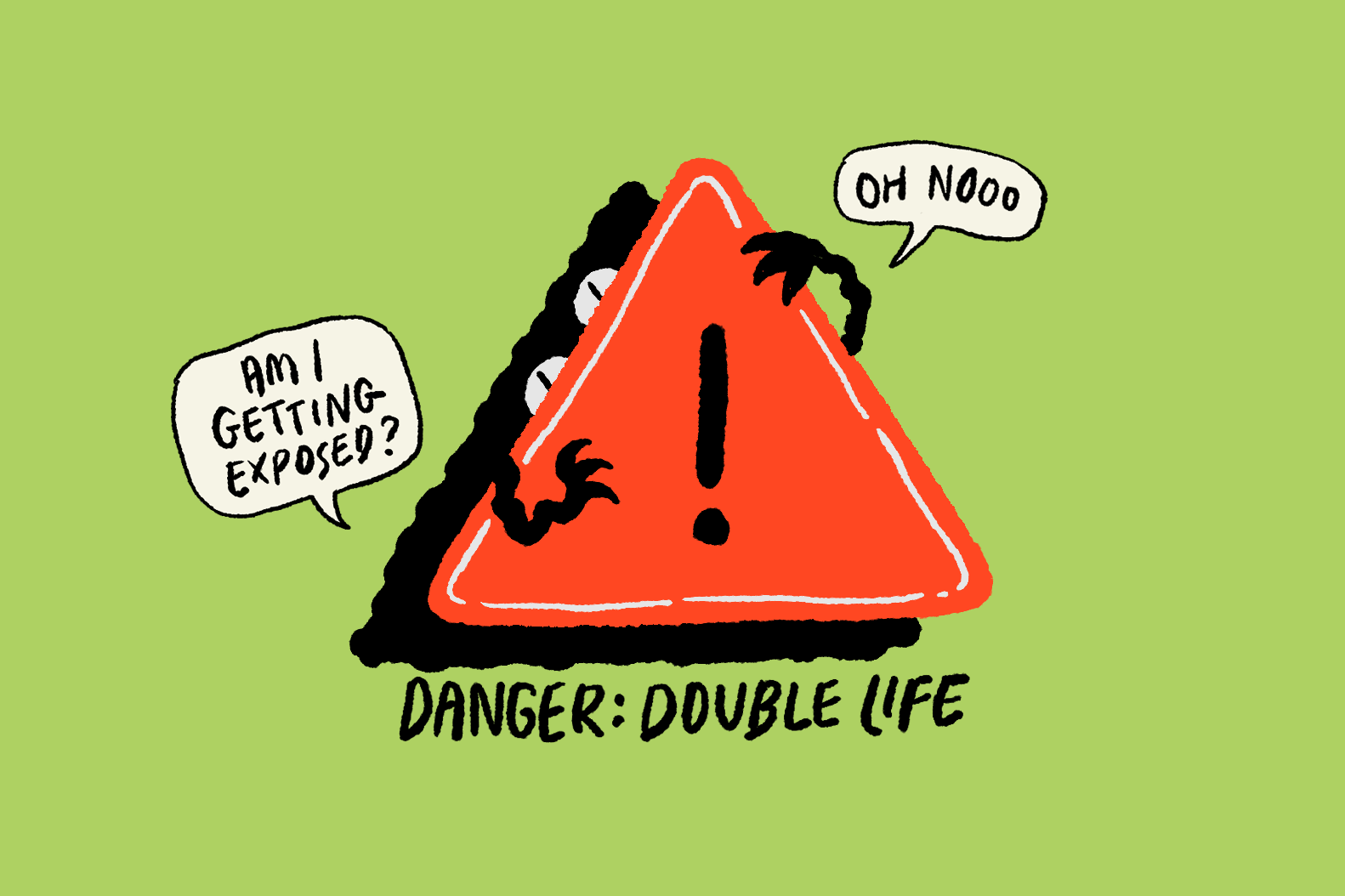As someone who’s been able to read about and understand more of the ancient world over the years, I am genuinely very grateful to be a child of our 21st century modern world.
Our lives are much more blessed than ancient times: we have technology that makes things more convenient; we can travel around the world more speedily; and we have access to life-saving medical treatment.
Based on this reasoning alone, many would then dismiss the Bible out of hand, believing it to be a collection of texts from the ancient world, composed by men with ancient mindsets. However, I want to make the case that the Bible is actually even more relevant today since it contains true wisdom which is durable.

Recently, my father shared about his experience reading the Bible cover to cover which was when “the Word of God came alive” for him.
This is the reason those of us who follow Jesus call the Bible “God’s Word”. It is not because we blindly believe it to be so based on what the church has taught us, but because Scripture has consistently shown throughout history that it has the power to guide us toward true life – the life of fullness that Jesus Himself referenced (John 10:10).
Below are some reasons why I believe the Bible is still the world’s greatest source of truth, thousands of years later.
The Bible’s teachings are robust and durable
There are many different ways which I could highlight the Bible’s remarkable influence on our world through the ages.
Countless people have fallen back on the wisdom of the Scriptures – including Presidents with a global platform – not just for wisdom to understand our world and our place in it, but also for hope in the midst of grief and mourning.
…Scripture has consistently shown throughout history that it has the power to guide us toward true life
Thousands of years after these words were first articulated, Scripture continues to hold the power to comfort. This is why there are so many teachings that resonate deeply throughout the world to this day and have made our world a better place.

From the time of the Old Testament, we can see how the Ten Commandments have had far longer durability than any of the legal codes of the ancient world (even other famous ones like the Hammurabi Code). We also have Levitical laws that protected the vulnerable and welcomed the foreigner and alien.
Additionally, the concept of the image of God – the imago dei – has been history’s most powerful rationale for recognising human dignity. The ministries of prophets like Isaiah, Micah and Amos have also given us a window into a God who passionately cares about justice.
In the New Testament, we have the words of Jesus Christ.
Jesus told us that blessed were the peacemakers; that we should love our enemies and turn the cheek; and that we should do to others what we would have others do to us (this is commonly known as the Golden Rule – to love your neighbour as yourself).
Jesus is also responsible for many parables full of timeless wisdom that can be applied to our lives. These are all teachings that are emphatically reinforced by the rest of the New Testament authors like the apostles Paul, Peter, James and John.
With all that in mind, I am convinced that the Bible’s messages and teachings are powerful and infinitely more than an ancient text – it is the divinely inspired words of the God of this universe!
The Bible shows humanity’s spiritual need and points to truth
It is human nature to think about what we truly need most in life. On an individual level, we might have the impression that having the perfect romance, speedy career progression, fame or simply being loaded with cash and material prospects is the most important thing in life.
On a collective level, there are different conceptions on what should be our priority. There are many who have stated that, in our modern world, scientific and technological progress hold the key to unlocking humanity’s fullest potential. There are also those who believe only a certain political, social or cultural ideology will solve the world’s problems.
However, none of those conceptions of what is most important for human flourishing or satisfaction truly match up to the reality.

There is a crucial idea that the Bible teaches: we are not merely made out of matter. We have the human spirit, the very breath of God within us, and we have spiritual needs.
Scripture points us to the deepest truths. It informs us of our very purpose as human beings (to be in relationship with God) and tells us how our rebellion against God as a human race – our sinfulness – has torn us away from that purpose and damaged our world.
Scripture tells us how we can regain peace with God – through the redemptive work of Jesus Christ on the cross (Romans 5:1). It informs us of the Good News, that we no longer need to be damned but can have eternal life with God. What other message could possibly be more important?
The Bible is God’s redemptive story for the world
Humans have always been drawn to stories. It is what fuelled ancient civilisations to construct myths about their own origins. It has also provided motivation for authors like C.S. Lewis and J. R. R. Tolkien to write their famous novels. Narratives are what drives movies, TV shows, cartoons, K-Dramas, Japanese anime… even history books and museum galleries have a story to tell.
Above all, there is a Story that revolves around the Creator of this universe. This story tells us God’s purpose for making this world and the human race, why and how humanity messed things up, and how this Creator makes things right. This is the story that the Bible is telling us!
There is obviously no way on earth I could fully encompass the fullness of the vast and glorious biblical narrative – even a thousand page book would struggle to do that! However, I will do my best to summarise it here.
God made the whole world, and He created man in His own image. However, mankind fell into sin. God grieved over what we had become and had to deal with our sin. At some point, God decided on a chosen people for the ultimate aim of bringing redemption and reconciliation to humanity, a holy nation He raised through Abraham.
God then miraculously brought them out of slavery in Egypt into the Promised Land where His presence would dwell among them. However, this nation continuously showed unfaithfulness to the God who saved them – and they were eventually left to be conquered by foreign nations.

God then sent His Son, Jesus Christ, to the earth for our salvation. Fully God and fully man, Jesus was born to a virgin named Mary in a small manger in Bethlehem. He lived a humble life of service, teaching about God’s Kingdom and glorifying God through miracles.
Then the climax of the story: Jesus went all the way to the cross to be crucified, suffering greatly on His journey there. He then willingly sacrificed His life as the perfect atonement for our sins. Three days later, Jesus resurrected from the dead, thereby defeating death and the powers of darkness. He then empowered His followers – the “little Christs” or Christians who would become the church – to be His representatives on earth, spreading the Gospel message to all corners of the earth until He comes again in glory!
This is a breathtaking, spectacular story! No wonder it has enduring power through the ages. Above all, it’s a living story that leads us in the way that our Creator intended us to!
Jesus is the Word of God (the full message!)
John 1 tells us: “In the beginning was the Word, and the Word was with God, and the Word was God”. The Greek term logos here doesn’t refer to actual words but to Jesus. This Word is Jesus, the Word become flesh, who is the complete story and who completes the story of redemption.
So to those who have not yet accepted Jesus Christ as your Saviour, I urge you to do so – because He is the only one who can give you true life.
And for those who are already following Jesus, who recognise Him as their Lord and as their Saviour – I pray we will be able to better appreciate the value of the Bible in our Christian walks and grow in our understanding of it!










